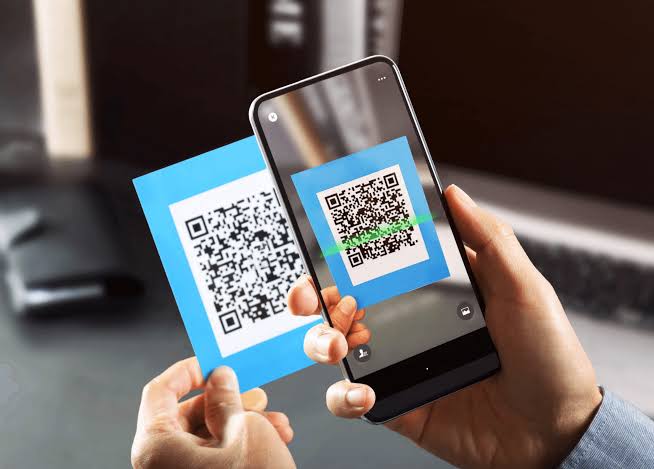An online scam recently cheated a Pune rural police officers from Saswad. His bank account and mobile were compromised by cybercriminals on December 12, and they used phone banking services to syphon off an astounding Rs2.3 lakh.
After the 40-year-old constable complained to the Saswad police on Saturday, a case was opened against an unidentified person under section 318 (cheating) of the Bharatiya Nyaya Sanhita (BNS) and other sections of the Information and Technology Act.
The constable says that the fraud occurred after he paid for a bill at a Saswad bakery by scanning a QR code. Soon after, he learnt that his savings account had been unknowingly debited by Rs18,755. Further investigation showed that Rs12,250 had been embezzled from his salary.
“The constable received an OTP for a Rs 1.9 lakh transaction from his gold loan account, despite not sharing the OTP, yet the transaction was made through that account,” the officer said.
The investigation is still underway, the report said, and police revealed that the victim lost money after fraudsters used a malicious APK file to access the constable’s bank accounts and cell phone. It is believed that the constable might have unknowingly clicked on a dangerous link that the fraudsters emailed, enabling them to infect the device with spyware or malware. By evading safety measures and gaining access to multiple accounts, this malware most likely allowed the crooks to obtain private data, including login credentials and OTP.
The police are still investigating whether the QR code was changed to redirect the constable to download the APK file or whether the fraudsters employed other deceptive measures.
It’s crucial to protect oneself from these scams as digital payments are becoming more widespread. The following advice will help you stay safe:
Verify QR codes:
If using a QR code for payment, be sure the recipient is trustworthy and stay away from scanning codes from dubious or illegitimate locations.
Verify the name of the recipient:
When scanning a QR code, always confirm the recipient’s name.
Never click on suspicious links:
Steer clear of unsolicited links that are shared on social media, in emails, or in text messages. These URLs have the potential to infect your device with malware or direct you to fraudulent websites.
Use verified and official apps:
When doing digital transactions, always use verified and valid apps. Only download apps from trusted stores, such as the Apple App Store or Google Play Store.




